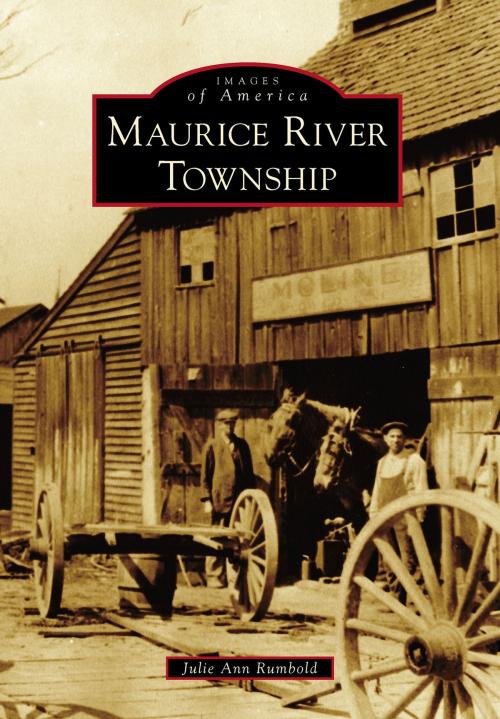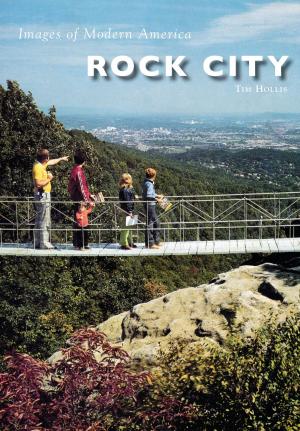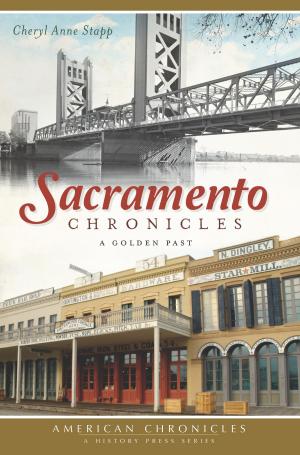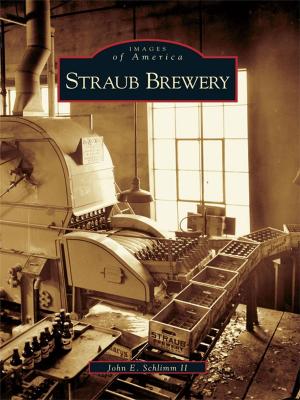Maurice River Township
Nonfiction, Reference & Language, Transportation, Ships & Shipbuilding, History, Art & Architecture, Photography, Pictorials, Travel, United States| Author: | Julie Ann Rumbold | ISBN: | 9781439661444 |
| Publisher: | Arcadia Publishing Inc. | Publication: | July 10, 2017 |
| Imprint: | Arcadia Publishing | Language: | English |
| Author: | Julie Ann Rumbold |
| ISBN: | 9781439661444 |
| Publisher: | Arcadia Publishing Inc. |
| Publication: | July 10, 2017 |
| Imprint: | Arcadia Publishing |
| Language: | English |
The Maurice River Township area was first settled by the Lenni-Lenape along the Maurice River prior to the arrival of European explorers in the 1600s. The Maurice River became important for many industries, including oystering, commercial fishing, and crabbing. Dorchester and Leesburg, especially the Delaware Bay Shipbuilding Company, were well known for shipbuilding, and the area was very active during World War II. The township has been long recognized for agriculture due to its wonderful sandy ground. The soil has played an important role in the glass industry since the late 1800s, with the silica/sand utilized in a thriving glass-manufacturing business, initially in Port Elizabeth. The railroads were first built to ship oysters to large cities in the late 1800s to mid-1900s but were also employed to transport sand for the glass business and wood for the lumber industry. Many of the enterprises from earlier days have vanished in time, and along with them, some villages have entirely disappeared.
The Maurice River Township area was first settled by the Lenni-Lenape along the Maurice River prior to the arrival of European explorers in the 1600s. The Maurice River became important for many industries, including oystering, commercial fishing, and crabbing. Dorchester and Leesburg, especially the Delaware Bay Shipbuilding Company, were well known for shipbuilding, and the area was very active during World War II. The township has been long recognized for agriculture due to its wonderful sandy ground. The soil has played an important role in the glass industry since the late 1800s, with the silica/sand utilized in a thriving glass-manufacturing business, initially in Port Elizabeth. The railroads were first built to ship oysters to large cities in the late 1800s to mid-1900s but were also employed to transport sand for the glass business and wood for the lumber industry. Many of the enterprises from earlier days have vanished in time, and along with them, some villages have entirely disappeared.















